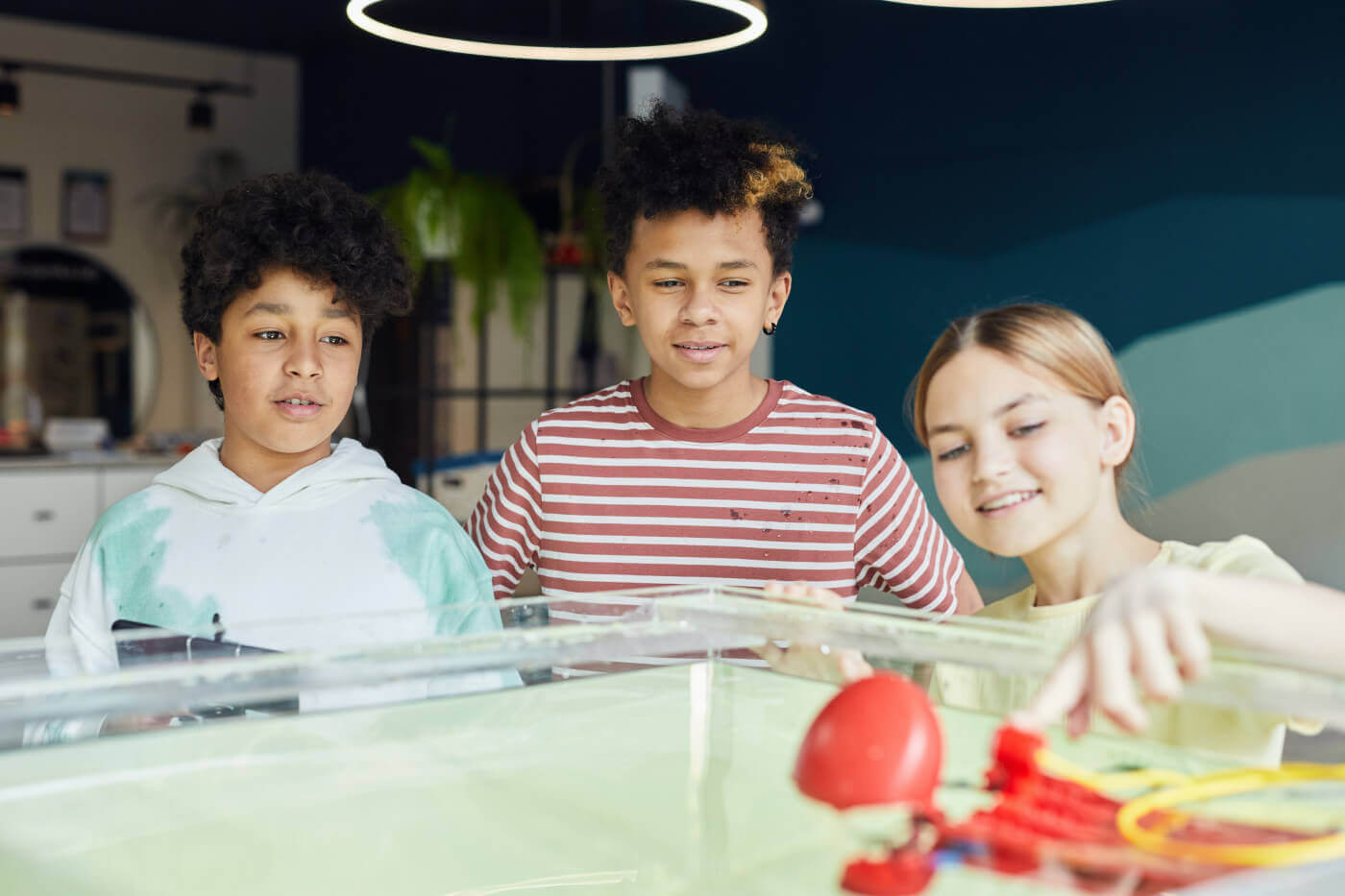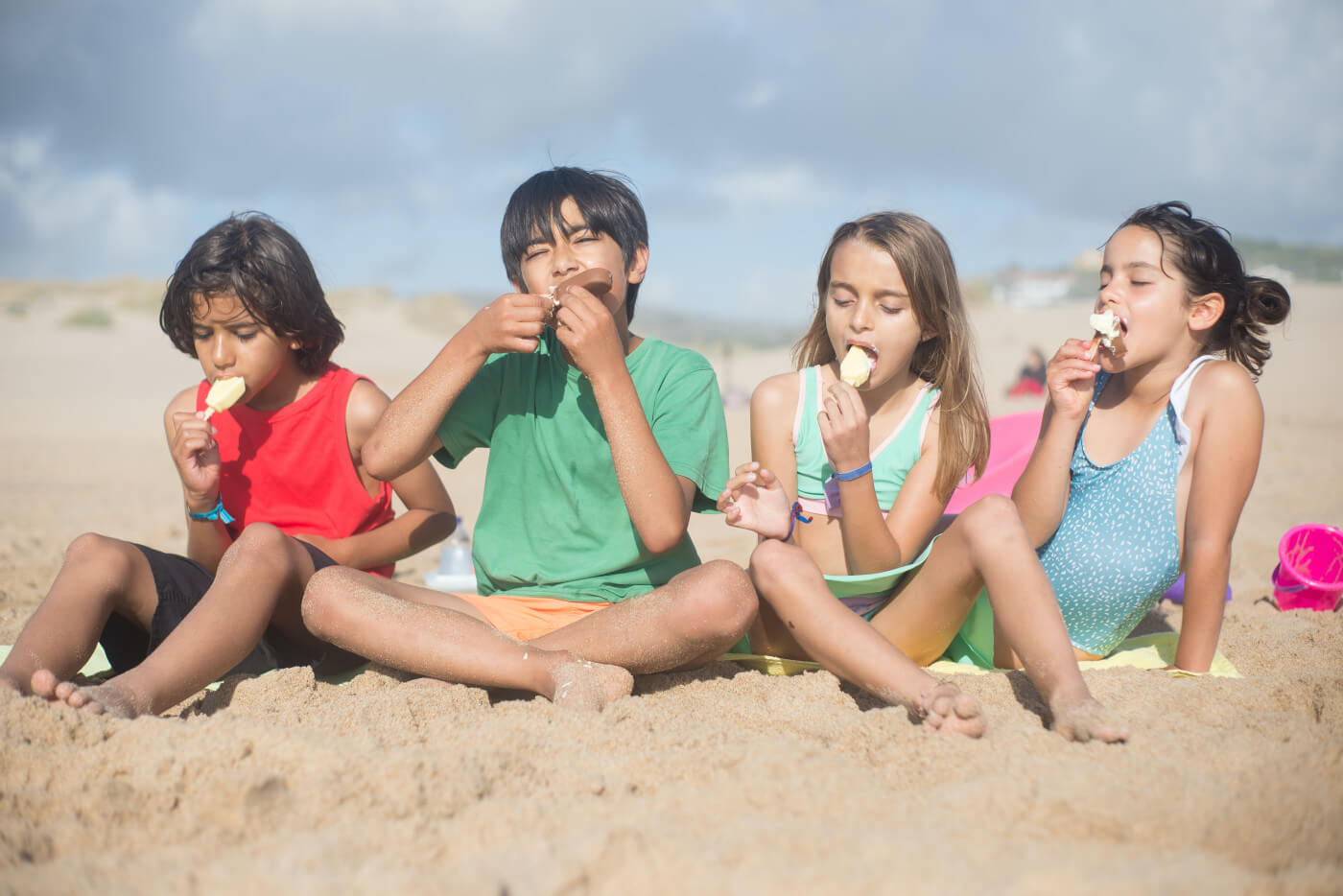5 Ways to Keep Children Learning During the School Holidays

The upcoming school holidays are a wonderful opportunity for relaxation, family time, and a well-deserved break from the usual school routine. However, incorporating fun, engaging, and educational activities into your child’s holiday can help maintain their academic momentum and foster a lifelong love for learning. Here are five practical ways to keep your children learning during the school holidays.
Why should I encourage learning during holidays?
- To improve learning proficiency.
- To keep the brain active and engaged.
- To retain and reinforce previously learned knowledge.
- To foster a positive attitude towards learning.
Encouraging learning during holidays ensures that children stay curious, engaged, and ready to return to school without a learning lag.
Visit museums
Museums offer an excellent mix of education and entertainment through interactive exhibits and hands-on activities. These experiences help children develop critical thinking, social tolerance, historical empathy, and problem-solving skills. Moreover, they promote kinaesthetic learning, which is learning through "doing"—a powerful tool for retaining knowledge.
Discover more about kinaesthetic learning in our article: The Kinaesthetic Learning Style.
Make reading a daily habit
Reading is an effective way to keep children engaged and learning. Reading aloud helps develop language skills, enhances literacy, sparks imagination, and introduces a sophisticated vocabulary. Encourage children to explore both fiction and non-fiction books. Visiting libraries or bookstores together can make the experience even more exciting.
Create a digitally free environment
Limit screen time to inspire organic learning and exploration. Encourage children to spend time outdoors, engage in imaginative play, and discover the world around them. Even short walks or time in the park can stimulate creativity and learning.
Turn errands into learning opportunities
Everyday tasks, like grocery shopping, can be transformed into educational experiences. For example, ask your child questions about where products come from or their nutritional value. Engaging them in real-world learning fosters curiosity and critical thinking.
Discuss current events
Use news stories or current events as conversation starters to help children develop awareness, empathy, and critical thinking. Encourage them to ask questions, express opinions, and analyze the issues affecting the world around them.
Plan their routine
Establishing a flexible holiday routine can help balance relaxation with productive learning activities. For guidance, check out our article: How To Plan A School Holiday Routine For Kids.
By integrating these strategies into your child’s school holiday, you can promote a love for learning and ensure a smooth transition back to school. If you need extra support, we have online tutors available as well as tutors in Johannesburg, tutors in Pretoria, tutors in Durban, and tutors in Cape Town.
Related Articles

Summer Holiday Activities For The Whole Family
Often the task of coming up with a list of activities that don’t break the bank can feel like a chore. Take a look at our list of summer holiday activities.
Read More

Which Languages Are Hardest To Learn?
Learning a new language is an exciting opportunity to expand your knowledge and awaken your creativity. Many people set out by searching for the easiest languages to learn, which we covered in this post, while others are after more of a challenge.
Read More

Learn How to Calculate Probability
In today’s post, we will look at how to calculate probability, first looking at the probability formula, then learning how to adjust the formula for single events, independent events, mutually exclusive events and finally, conditional probability.
Read More

We help families find their perfect tutor
Help your child improve their grades and get their confidence back.
GET A TUTOR